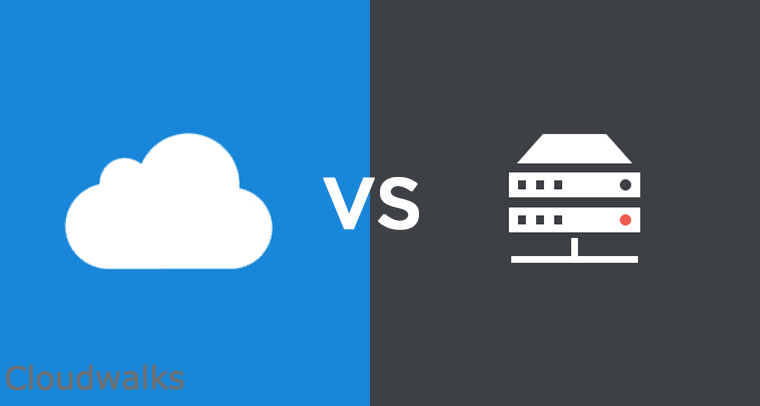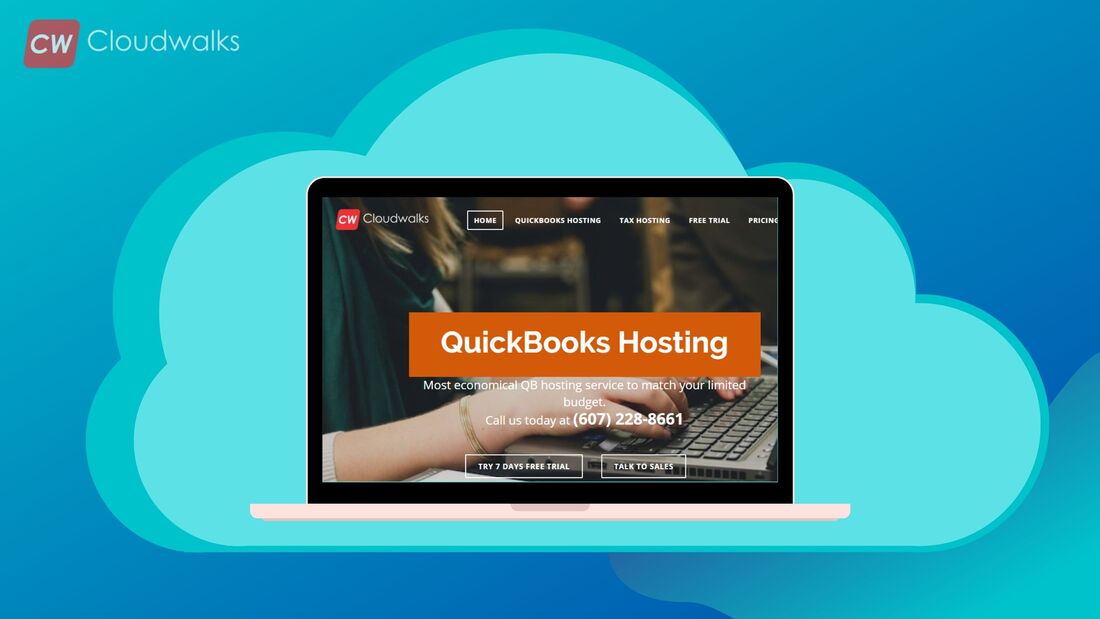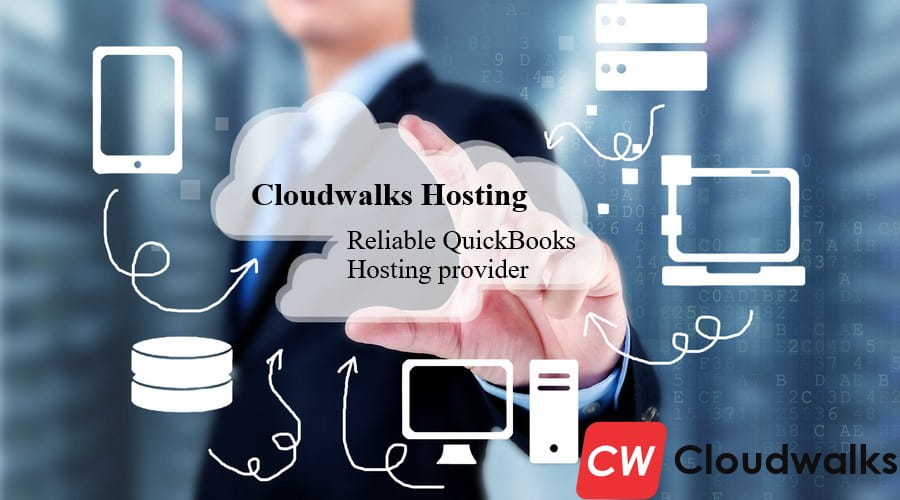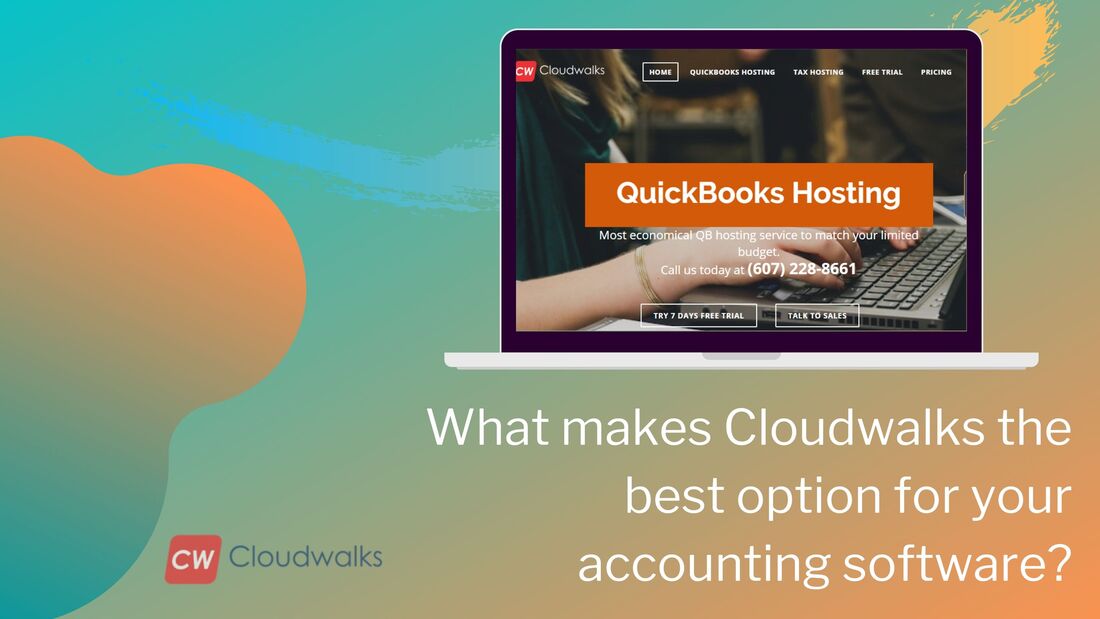|
In recent years, QuickBooks have become a popular accounting application for medium and large business set-ups. The businesses are more concerned about setting up in-house QuickBooks software or get the application hosted on cloud. In this blog, you will get to understand if in-house QuickBooks application or hosted version is appropriate for your business specific needs. Before digging deeper, it is important to understand what exactly the different versions of the application are. In- house QuickBooks version is the actual installation and implementation of massive Server within the organization premises. On the other hand, hosted version of QuickBooks application comes as a virtual service where the application and its extended features can be accessed without installing it at user location. Explore the Features Offered by In-house & Hosted QuickBooks Although both the versions of the accounting application offers similar functionality, the major differences can be accounted in terms of feasibility, convenience and cost effectiveness. Let’s understand it in a better way in the upcoming section.
With limited business resources, small businesses have quite a few number of employees. Such organizations does not have the need to store large accounting data or manage huge records. Therefore, installing in-house QuickBooks may require employing IT staff for managing Server and other equipment. Hosted QuickBooks can be a good option for such business set-ups as the host company manages the entire software and network requirements.
In-house accounting software installation can be cumbersome, as the organization has to spend money on set-up, implementation, training staff and keep the application updated. With hosted QuickBooks, all such operations are handled by expert team of professionals as the hosting package is all-inclusive of these services. Upgrades and add-on integration is provided within the package that makes hosted QuickBooks an affordable option.
With hosted QuickBooks, round the clock technical support comes complementary and businesses do not have to pay additional on these services. The organizations do not have to train their staff about troubleshooting QuickBooks errors as and when they occur. The service provide is responsible for providing 24*7 support to keep the accounting application on running mode.
In-house QuickBooks allows employees to work on some of the features while in the office whereas hosted application provides mobile integration. With this, employees can use QuickBooks while being anywhere. The reports and other data can be accessed, updated and modified at any time using any mobile device such as laptops, smartphones, tablets, etc. Hosted platform allows using the application on-the-go and chat-integration feature helps stay connected to co-workers and making changes in real time.
Hosted QuickBooks provides advanced benefits of automatic backups that prevents losing crucial business data and avoid negative circumstances. The service provider ensures 100% uptime with no Server failures and technical slowdowns. This way, your data remains secure at off-site location and can be restore as and when required. This makes hosted platform a highly efficient option when compared to in-house application set-up. Conclusion From above discussion, it is clear that hosted QuickBooks offers extensive benefits and prevents businesses from spending additional money on installation and training purposes. Since the service provider is responsible for provided all major hardware and software support, the hosted application is more convenient to use, cost effective and scalable as well.
0 Comments
Your comment will be posted after it is approved.
Leave a Reply. |
Most useful blogs |
Hosted Applications |
Tax Hosting Services |
Accounting Applications |
ContactAddress
Cloudwalks Hosting, Inc. 40 Exchange Place, Suite 1602 New York, NY 10005 |


 RSS Feed
RSS Feed




